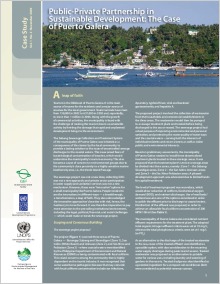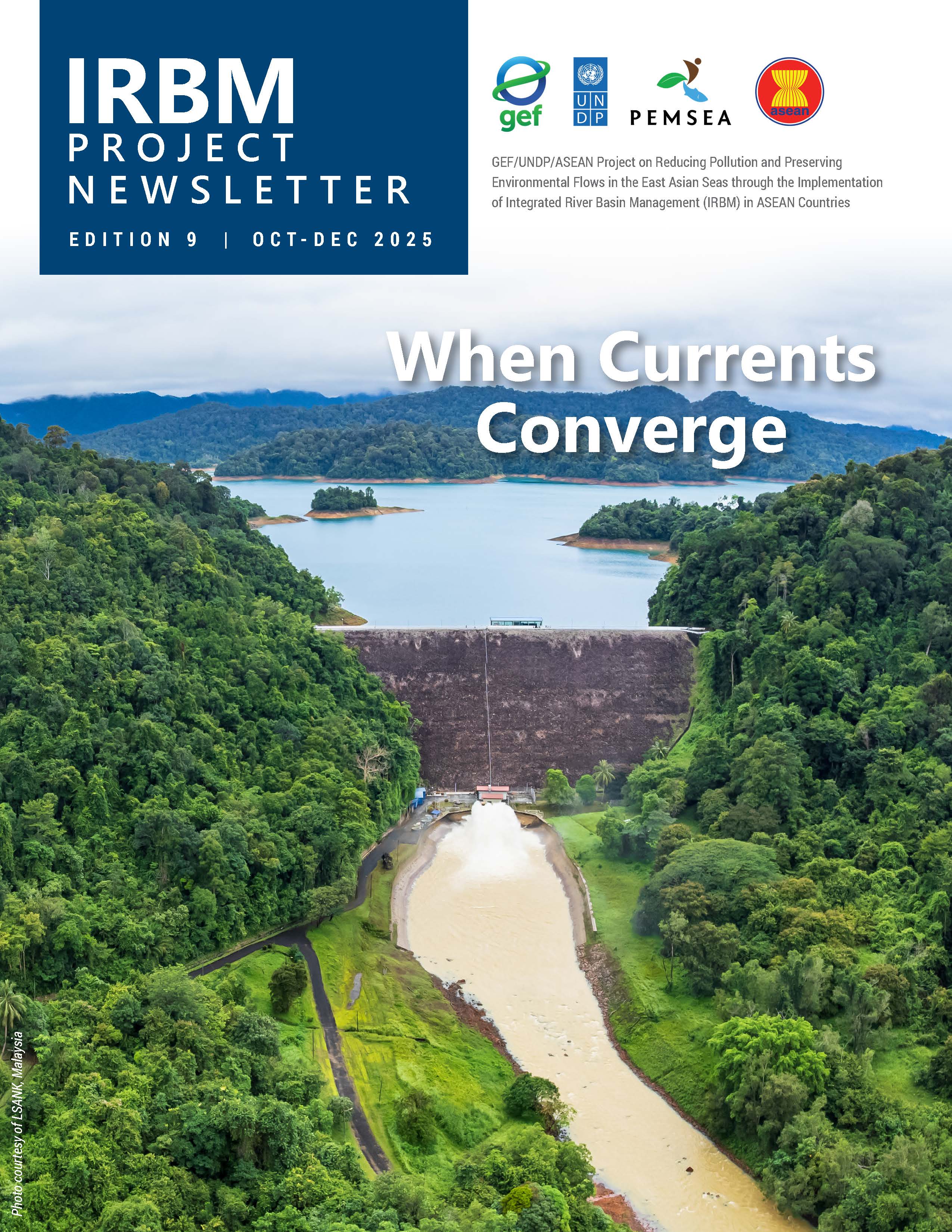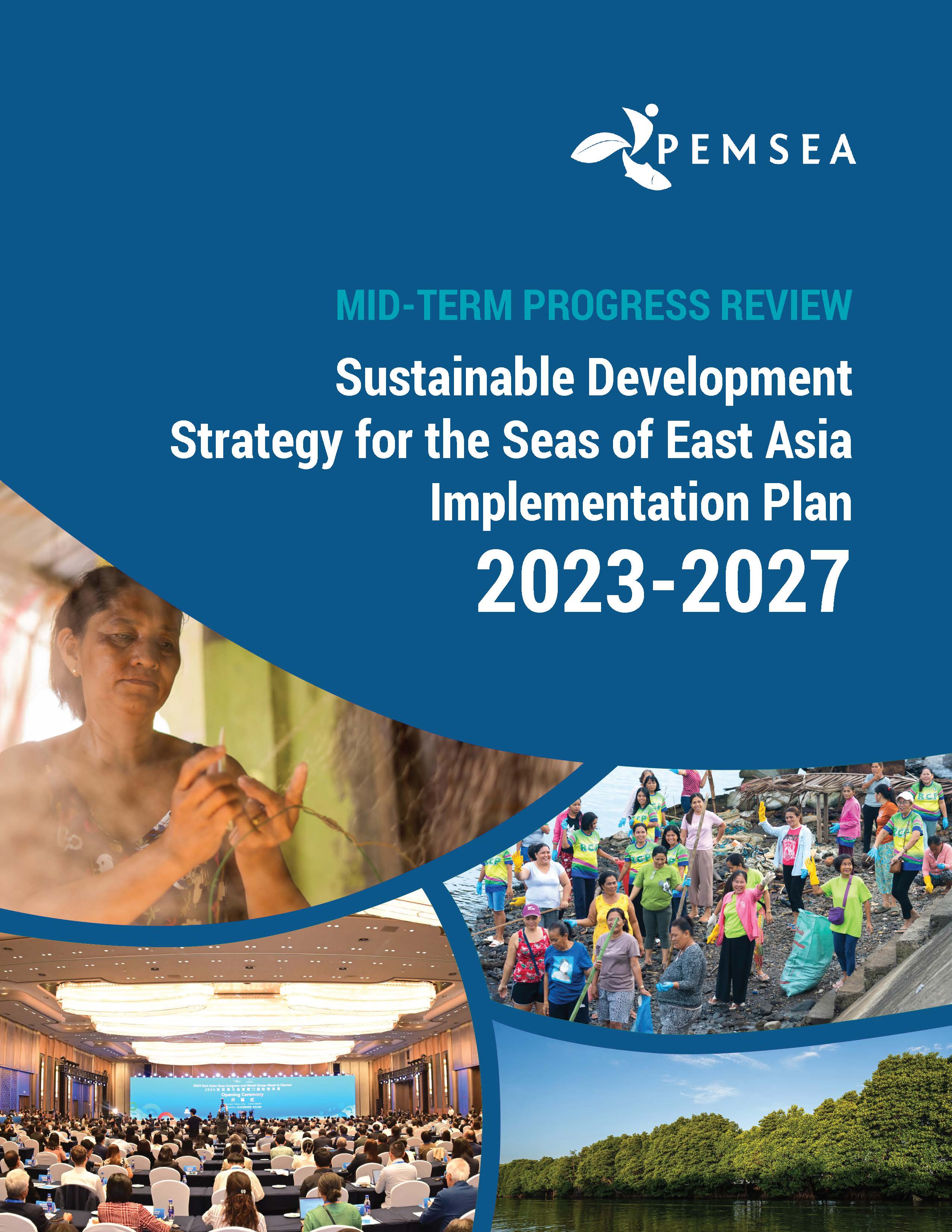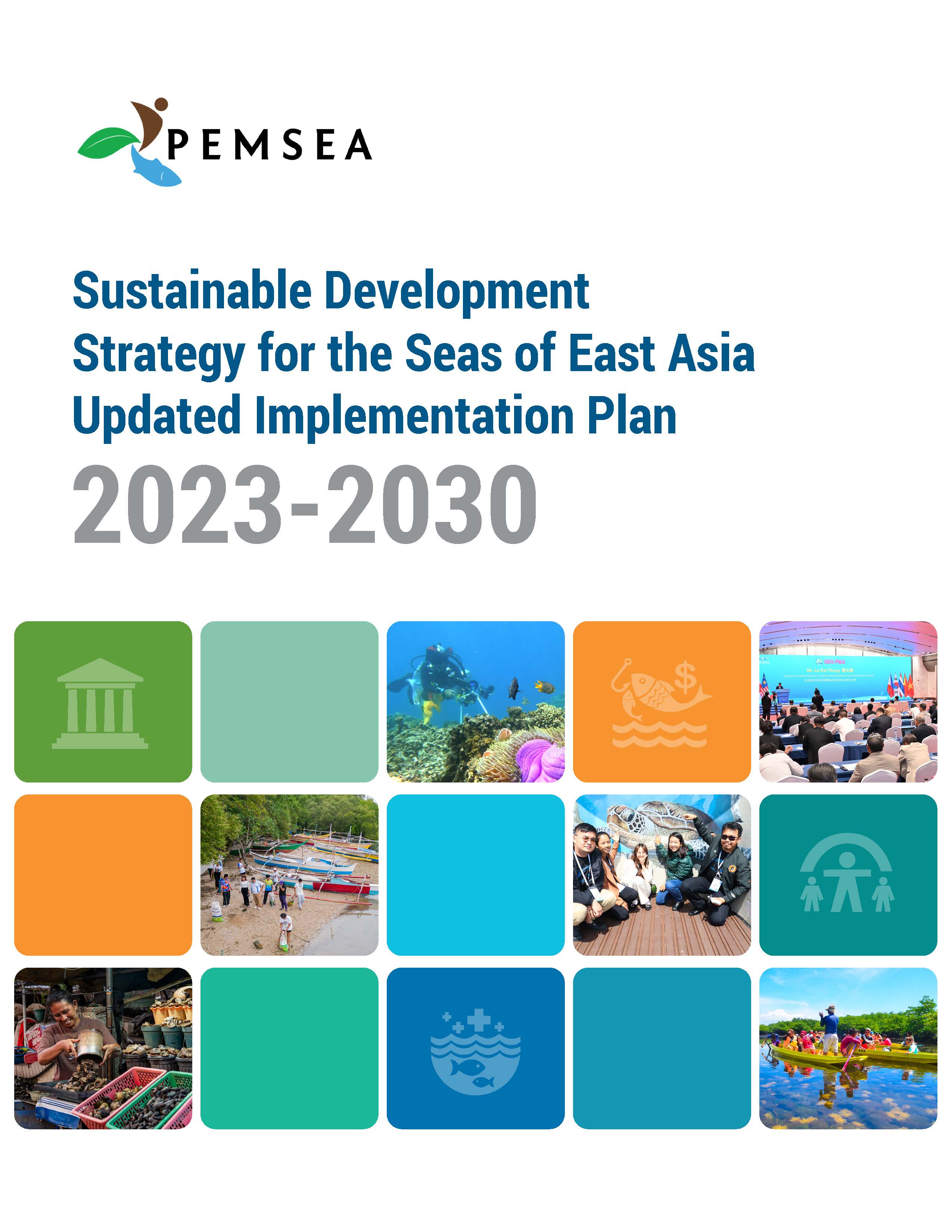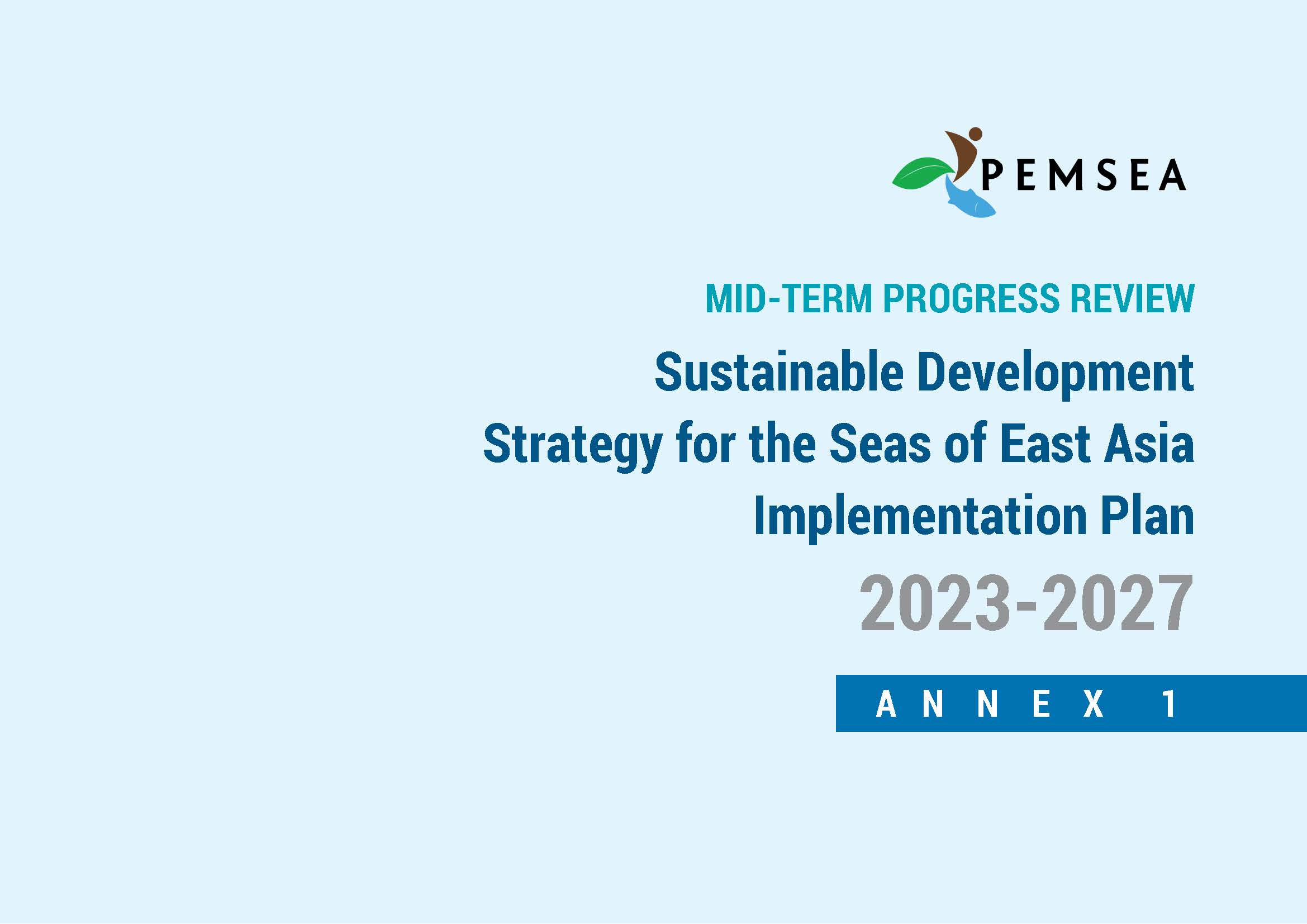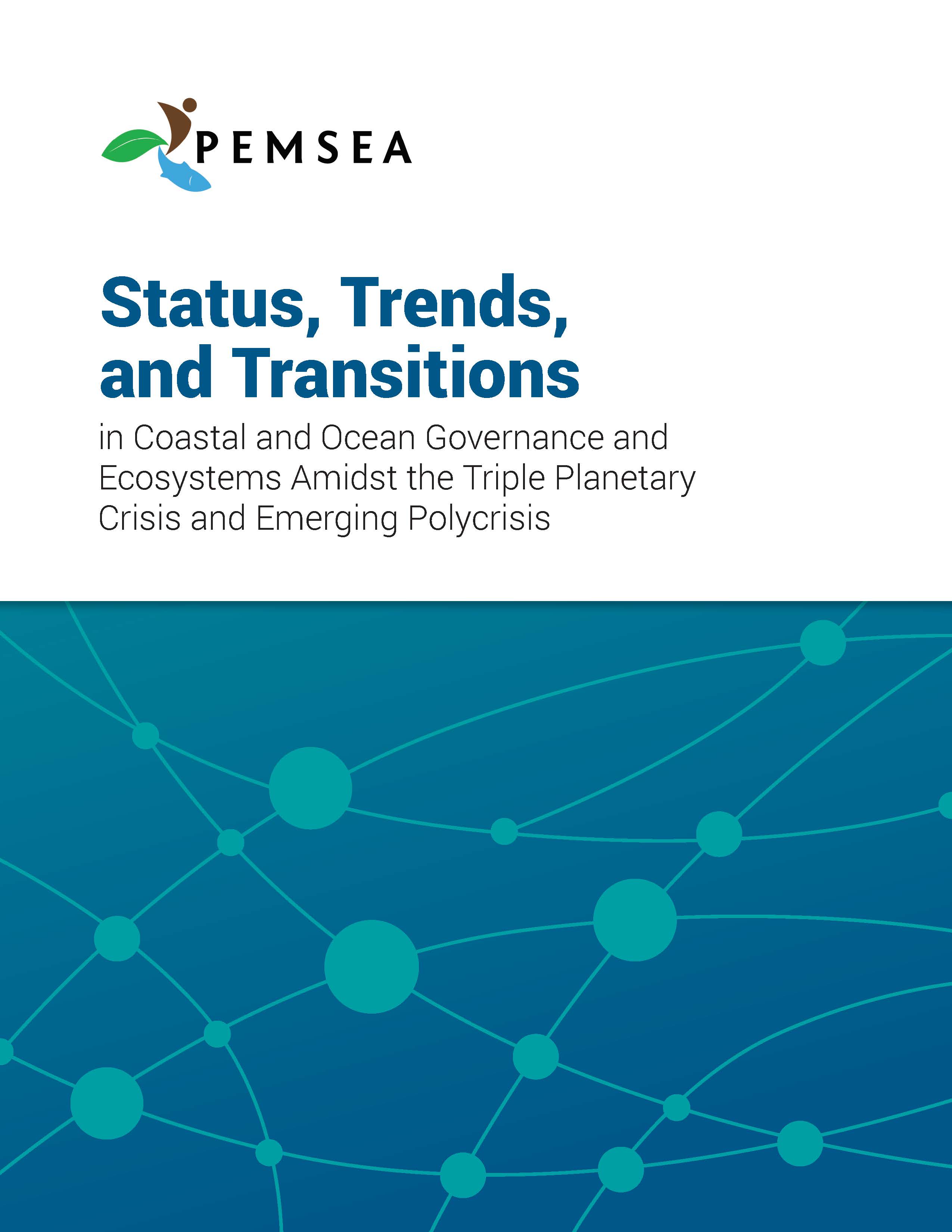
Breadcrumb
Public-Private Partnership in Sustainable Development: The Case of Puerto Galera
PUBLICATION DATE:
Sunday, November 01, 2009
PUBLICATION TYPE:
Case Studies
STATUS:
Out of Print
DESCRIPTION:
Public-Private Partnership is an alternative delivery mechanism, especially when local governments lack the technical capacity, financial resources, managerial capability, and business skills required to deliver sanitation services more efficiently. Technical assistance – from national government and development agencies – can play a crucial role by helping local governments to package bankable projects. Capacity-building activities should focus on developing appropriate skills and attitudes, sharing knowledge of solution options, and enhancing the legal and regulatory system and management structures – key elements in ensuring and sustaining partnerships. The Puerto Galera sewerage project has some success stories to share, but there are still challenges, which if not addressed, could outweigh what have been achieved so far. Foremost concern is financing. Although the local government plans for further reforms in the collection, earmarking, and management of environmental user fee as well as accessing other sources of funds, it is important to take the necessary actions now. Sanitation and environmental investment programs must involve more than just constructing new facilities, but must also include efforts to build institutional capacity, ensure funding for operation and maintenance, and keep momentum behind sanitation and waste management by mobilizing political champions and stakeholders in the various stages of the development and implementation of the project.
RELATED PUBLICATIONS
Integrated River Basin Management Project Newsletter - Edition 9
The final quarter of 2025 marked a period of steady progress for the GEF/UNDP/ASEAN Integrated River Basin Management (IRBM) Project, as participating countries continued moving from planning toward implementation. Across the region, this transition was shaped by strengthened governance arrangements, deeper stakeholder engagement, and sustained awareness-raising efforts that anchored the Project more firmly at national and local levels.
A key milestone in November was the official launch of the IRBM Project in Indonesia, alongside the signing of a Memorandum of Agreement between the PEMSEA Resource Facility and the Ministry of Environment. This agreement formalized the implementing arrangements and collaboration for project implementation in the Ciliwung River Basin in Indonesia.
Earlier in October, a series of consultations in Indonesia, Viet Nam, and Malaysia brought together representatives from national, state-level, and local government agencies to identify and confirm priority issues and pilot solutions for the Ciliwung, Vu Gia–Thu Bon, and Kedah river basins. While each basin reflected its own social and ecological context, the discussions revealed shared challenges—wastewater and solid waste management, flooding, sedimentation, competing water uses, and saltwater intrusion. These common concerns underscored the growing urgency of integrated governance and management approaches in the face of accelerating development and climate pressures.
In December, the Project extended its outreach in the Philippines through participation in the Cavite Coastal Summit and the Cavite Sustainable Development Strategy Workshop. These events provided opportunities to raise awareness on Integrated River Basin Management, share updates on Project implementation in Cavite Province, and introduce the Source-to-Sea approach to local government officials, academe, and stakeholders engaged in environmental planning and management.
During the same month, the Project also convened an online inception meeting to initiate the development of the IRBM Training Manual and Training-of-Trainers (ToT) Program. Representatives from the six participating ASEAN Member States discussed the approach, methodology, and timeline for developing the training manual and ToT program, which will incorporate global practices while being grounded in regional and local contexts and practical application.
Taken together, the activities of the past quarter reflect a year of converging efforts and collective momentum. This journey is captured in the 2025 photo gallery featured in this edition, offering a visual walkthrough of the engagements, partnerships, and milestones that have marked the Project’s steady progression throughout the year.
Mid-Term Progress Review of the PEMSEA SDS-SEA Implementation Plan 2023-2027
The Mid-Term Progress Review of the PEMSEA SDS-SEA Implementation Plan (IP) 2023-2027 is an evidence-based assessment covering 2023 to June 2025 that aims to evaluate implementation status, identify challenges, and inform the refinement of the plan toward 2030. The review covers key initiatives of PEMSEA Country and Non-Country Partners, networks, collaborators, and the PEMSEA Resource Facility (PRF), in line with the agreed targets of the SDS-SEA IP.Under Component 1 (Effective Governance), the review highlights the strengthening of PEMSEA’s regional mechanisms through increased voluntary contributions, delivery of various capacity-building initiatives, increasing alignment of PEMSEA Country Partners’ policies and programs with global sustainable and ocean-related commitments, and the increasing project portfolio under PRF management. Progress for Component 2 (Healthy Ocean) is characterized by the expansion of Integrated Coastal Management (ICM) along with other area-based integrated management approaches, the support of PRF-managed projects in biodiversity conservation, fisheries management, land-based and sea-based pollution reduction, waste management, and efforts related to disaster risk reduction and climate change adaptation including the launch of the PEMSEA Blue Carbon Program. Regarding Component 3 (Healthy People), the review emphasizes inclusive stakeholder engagement through the new GESI Action Plan and the success of localized sustainable livelihood programs through PRF-managed projects that have improved community resilience. Finally, for Component 4 (Healthy Economies), the review notes the increasing integration of blue economy principles into national strategies and the adoption of the 2024 Xiamen Declaration, which helps facilitate synergistic actions and sustainable blue financing and public-private partnerships.
Sustainable Development Strategy for the Seas of East Asia (SDS-SEA) Implementation Plan 2023-2030
The Sustainable Development Strategy for the Seas of East Asia (SDS-SEA) Updated Implementation Plan 2023-2030 was established to extend the previous plan's timeframe to 2030, ensuring the continued relevance, effectiveness, and long-term sustainability of PEMSEA’s initiatives while enhancing organizational effectiveness, financial sustainability, and operational efficiency. The updating process was driven by several supporting efforts, including the mid-term progress review of the SDS-SEA IP 2023-2027, a review of status and trends in coastal and ocean governance, results from PEMSEA’s Organizational Capacity Assessment (OCA), and consultations with PEMSEA Country and Non-Country Partners. To bolster results-based management, the plan introduces a Strategy Map and Balanced Scorecard (BSC) as high-level tools for leadership to provide overall strategic direction across four key perspectives: Stakeholder Engagement, Programs and Processes, Learning and Growth, and Financial Sustainability. These high-level tools are supported by a detailed Strategic Results Framework (SRF), which guides operational implementation and performance tracking, with results from the SRF feeding upward to systematically inform the BSC and Strategy Map. Overall, the updated plan is focused on seven Strategic Objectives that are periodically monitored via a two-tiered system with support from various partners and networks, ensuring the plan remains fit for purpose and serves as a guide for adaptive management.
Annex 1 of the Mid-Term Progress Review of the PEMSEA SDS-SEA Implementation Plan 2023-2027
The Annex 1 of the Mid-Term Progress Review of the PEMSEA SDS-SEA Implementation Plan (IP) 2023-2027 is the detailed progress report on each target outcomes from 2023 to 2025 and the remaining target actions and outcomes leading to 2030.
Status, Trends, and Transitions in Coastal and Ocean Governance and Ecosystems Amidst the Triple Planetary Crisis and Emerging Polycrisis
This comprehensive research report was developed to inform the updating of the Sustainable Development Strategy for the Seas of East Asia (SDS-SEA) Implementation Plan 2023-2030 by synthesizing recent global, regional, and national developments. It examines the interconnected threats of the triple planetary crisis - climate change, biodiversity loss, and pollution - as well as the broader polycrisis of economic and geopolitical instability affecting coastal and ocean governance, including in the East Asian Seas region. The report also assesses the status and trends of traditional and emerging blue economy sectors and outlines the importance of strengthened data and monitoring systems, research and development, policy alignment, and innovative financing as strategic priorities to support a resilient and sustainable ocean future. Ultimately, the report supports the development and refinement of future strategies, particularly the updating of the SDS-SEA Implementation Plan to 2030. Overall, the report highlights PEMSEA’s critical role as a regional integrator in East Asia, bridging local priorities with global commitments to address rapidly evolving challenges and emerging opportunities in coastal and ocean governance and development.
